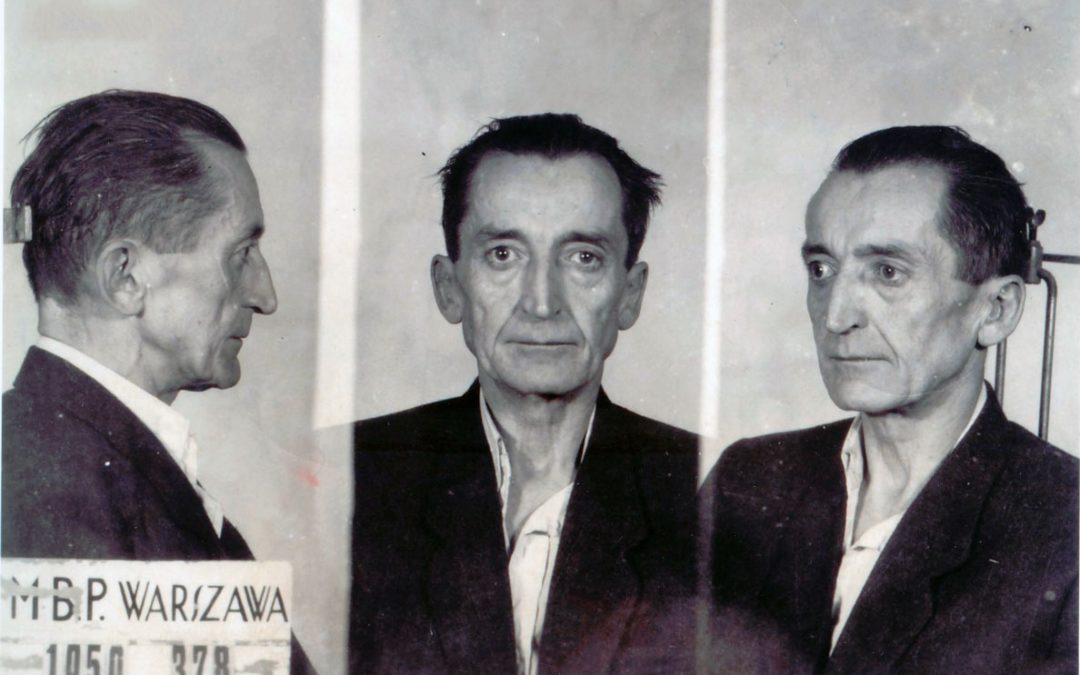A street in the small town of Żyrardów has attracted national attention after local authorities chose to change its name. The decision has been criticised by conservative politicians and commentators, as well as the state-run Institute for National Remembrance (IPN). It is the latest dispute linked to a law require the “decommunisation” of public spaces.
The controversy was sparked when city councillors from the Civic Platform (PO) party chose to restore the name of the road to its former one of Workers’ Unity Street (ulica Jedności Robotniczej).
This reversed a recent decision to change the street’s name to honour Emil Fieldorf, the deputy commander-in-chief of the Home Army, which was the main underground resistance movement in German-occupied Poland during World War Two. After the war, like many former resistance fighters, Fieldorf was arrested by the newly installed communist authorities, tortured, subjected to a show trial, and then executed.
The previous change, from Workers Unity to Emil Fieldorf Street, had been justified by the “decommunisation” law passed by the current Law and Justice (PiS) government in 2016, which required local authorities to remove any monuments or change any name of public places that “glorify the communist regime” or “promote communism” in any other way.
The latest decision to reverse that change has been controversial. It drew comment on Twitter from the secretary of state of the prime minister’s chancellery. This was followed by a statement from the IPN, a government institute charged with researching, prosecuting and educating on Nazi and communist crimes, which said that the authorities in Żyrardów had “deprived a hero of his street”.
?? Siał postrach wśród Niemców, został zamordowany przez komunistów. Teraz straci swoją ulicę❗ℹ Walczył w Legionach o…
Opublikowany przez Instytut Pamięci Narodowej Sobota, 2 listopada 2019
A veterans association, POKiN, also condemned the decision, calling on PO to deliver “severe consequences” for its councillors in Żyrardów, who have “dishonoured themselves and also the party as a whole”.
However, the leader of PO in Żyrardów claims the issue has been misunderstood. She notes that the street was never on the IPN’s list of those that had to be changed under the decommunisation law. The reason for this, she says, is that its name, Workers’ Unity, refers not to communism but to a workers’ strike that took place in the town in 1883, when it was under Russian rule.
This is not the first controversy over street names changed under the decommunisation law. Legal and political battles have been fought in Warsaw, Gdańsk and Katowice over streets that PiS-appointed regional governors have sought to rename after the late president Lech Kaczyński, replacing old names deemed to promote communism.
New twist in dispute over Lech Kaczyński Street in Warsaw. Court overturns PiS regional governor's choice of name, accepting PO city council's argument that it has right to choose. Former name, People's Army Avenue, had to change under decommunisation law https://t.co/oPso3BIC6a
— Notes from Poland ?? (@notesfrompoland) May 28, 2018
Main image source: IPN/Wikimedia Commons (under public domain)

Daniel Tilles is editor-in-chief of Notes from Poland. He has written on Polish affairs for a wide range of publications, including Foreign Policy, POLITICO Europe, EUobserver and Dziennik Gazeta Prawna.




















